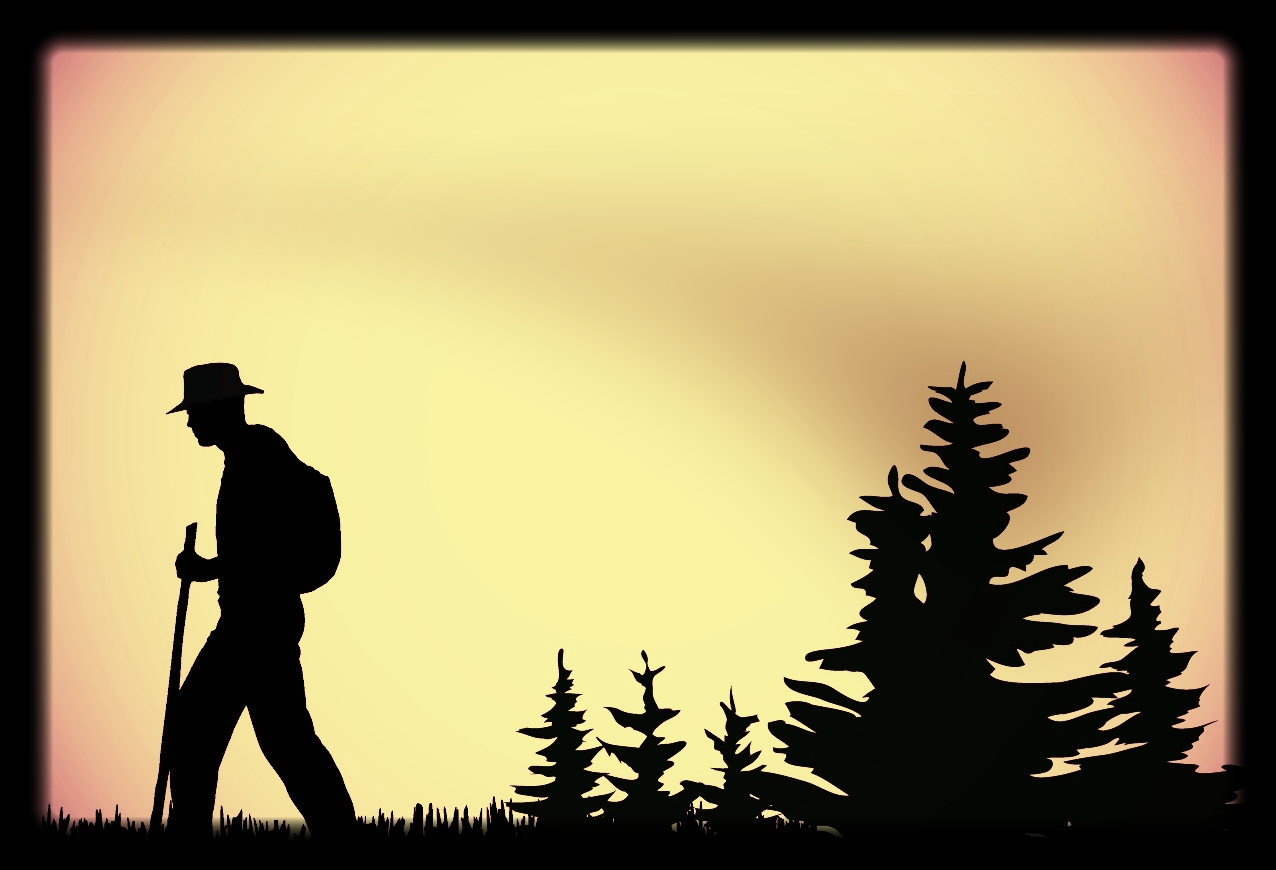For much of my life I've fought vulnerability. My default way of engagement with the world was, by nature, "What will this cost me? How can I protect myself in this situation? How will this make me appear to others?" These were the essential questions posed by that False Self that I carefully crafted for the first half of my life. (Richard Rohr writes beautifully about this in "Falling Upward")
I didn't realize that's what I was doing. Like everyone else I just kind of learned through trial and error that it's best to keep the world at a safe distance. If you show them who you really are, you run the risk of ridicule and rejection. That false self was my first and only line of defense, and it needed constant polishing, repair, and adjustment.
That glittering image I presented to the world was like a suit of armor, but not a very good one. In reality there were numerous chinks in it, usually discovered upon receiving some kind of slight, rejection, insult, or disappointment. Can you relate at all? If not, then I sense what vulnerability expert and author Brene Brown might call an impending vulnerability hangover. Nevertheless.....
I am well into my second half of life, and have been for quite some time now. The degree to which I've experienced Rohr's "falling upward" has been directly related to the measure of interior freedom I've experienced, and the interior freedom I've experienced flows out of my willingness to be vulnerable. To be real. To show up. To come out from behind myself and be who I am. To be known.
Not to pat myself on the back, because the second half of life pretty much forces vulnerability upon you, whether you're receptive or not. Poet David Whyte expresses it way better than I could:
"The only choice we have as we mature is how we inhabit our vulnerability, how we become larger and more courageous and more compassionate through our intimacy with disappearance, our choice is to inhabit vulnerability as generous citizens of loss, robustly and fully, or conversely, as misers and complainers, reluctant, and fearful, always at the gates of existence, but never bravely and completely attempting to enter, never wanting to risk ourselves, never walking fully through the door."
One of the many things I love about Spiritual Direction is that it provides a defined space and time for anyone to truly be known at a deep level, to discard their armor (if only for an hour) and dare to be vulnerable. That is sacred space, God space, if you will. That is where you begin to discover that beautiful True Self that God has placed deep within you, like a hidden treasure waiting to be discovered.
Whether you're in the First Half of life or the Second Half, this can feel very risky, but you're brave at heart. You can do it. Let yourself be known by someone you know you can trust. It's never too late to dump the armor.

